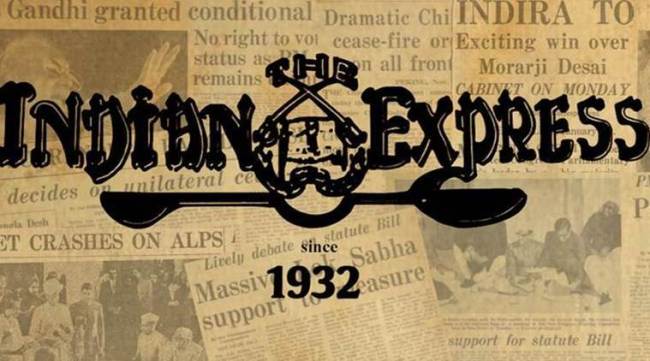Opinion Logjam at Buenos Aires
Impasse over food security underlines it: WTO needs to find ways to reflect global economic realities better

 The WTO ministerial at Bali in 2013 offered a temporary resolution to the issue through a “Peace Clause”, under which WTO members agreed to refrain from challenging any breach of the 10 per cent cap by a developing country (File)
The WTO ministerial at Bali in 2013 offered a temporary resolution to the issue through a “Peace Clause”, under which WTO members agreed to refrain from challenging any breach of the 10 per cent cap by a developing country (File)
On the concluding day of the World Trade Organisation’s (WTO) 11th biennial ministerial conference at Buenos Aires, the multilateral agency’s Director-General, Roberto Azevedo, asked its members to do some “real soul searching”. “Progress is going to require a big leap in members’ stated positions,” Azvedo said at the closing ceremony on Wednesday. His dejection wasn’t misplaced. From December 11 to December 13, WTO’s 164 members squabbled over issues related to food subsidies, but did not reach an agreement, a failure that raises questions over the multilateral body’s ability to govern the increasingly contentious arena of global trade.
Global trade norms stipulate that a WTO member country’s food subsidy bill should not exceed 10 per cent of the value of agricultural production in the country, based on the reference price of 1986-1988. India, which passed a Food Security Act in 2013, has opposed this cap. The country’s food security bill currently does not breach the 10 per cent limit, but India has taken a principled position against this ceiling. It has contended that developed countries themselves provide subsidies to agriculture that skew the global food market against farmers in the Third World. India has also argued that the ceiling could restrict the implementation of its food security programme in future.
The WTO ministerial at Bali in 2013 offered a temporary resolution to the issue through a “Peace Clause”, under which WTO members agreed to refrain from challenging any breach of the 10 per cent cap by a developing country. The Bali ministerial had promised to negotiate a permanent solution to the food subsidy issue, four years later at Buenos Aires. At the Argentinian capital more than 100 countries, including China and the 53-member African group, supported India’s demand for a permanent solution to the food security issue. This group contended that such a solution had to be premised on the elimination of trade-distorting agricultural subsidies in the developed countries. But they were stonewalled by the US trade representative Robert Lighthizer who argued that his country could not “sustain a situation in which new rules can only apply to the few, and that others will be given a pass in the name of self-proclaimed development status.”
The Buenos Aires imbroglio shines a light on one of the biggest contradictions of the WTO — the US continues to dominate the body even while it becomes increasingly inward-looking in economic matters. India plans to organise a meeting of like-minded countries on trade-related issues next year. That meeting could mark the start of efforts to make the WTO reflect global economic realities better.


